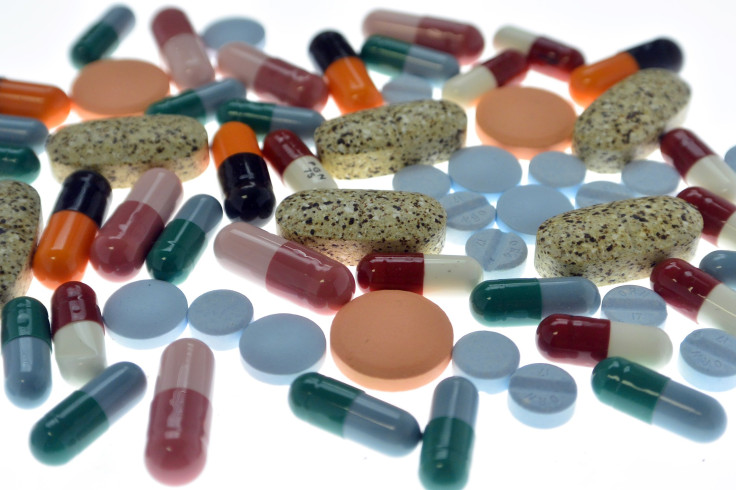Indian Regulators To Observe FDA Standards By Joining Agency's Inspection Of Drug Manufacturing Plants In India

Indian regulators will join the U.S. Food and Drug Administration, or FDA, in its inspection of plants producing generic drugs in the country to observe the latter's quality standards. The agreement was signed between the two countries during FDA Commissioner Margaret Hamburg’s visit to India this week.
Hamburg told Bloomberg last week that her agency will expand inspections of overseas plants, and she reportedly discussed manufacturing quality with 16 drug companies and affiliated groups in India in a closed-door meeting Wednesday, according to Bloomberg’s report.
Mumbai-based Wockhardt’s (BOM:532300) chairman, Habil Khorakiwala, said that conducting workshops in India is a part of the FDA’s efforts to help Indian drug companies become more aware of the changes in terms of quality of drugs needed by the U.S.
“The USFDA is planning a workshop over the next one year at 3-4 locations to clarify what are the new requirements and what are the expectations of the USFDA," Khorakiwala reportedly said on Wednesday, after the meeting.
There is also a briefing on Feb. 26 with local doctors, researchers and patient advocates to discuss sub-standard drugs that have been leaking into the U.S. from overseas.
Harry Lever, a Cleveland Clinic cardiologist, told Bloomberg that he will discuss generic drugs manufactured by Indian companies to treat weak hearts but have failed to perform. According to Lever, this will open up a debate on the FDA's ability to track India’s generic drugs business.
“It’s like taking a platoon to fight a huge army,” Lever told Bloomberg, referring to the FDA’s efforts to inspect drug plants in India.
A report by The Economic Times, citing two persons at the meeting, said that Ranbaxy Laboratories (BOM:500359) had made a plea to allow drug companies to export from banned manufacturing facilities while the companies worked to rectify flagged problems. This request was reportedly turned down by Hamburg who said the agency's rules do not allow such an arrangement.
The FDA has banned Ranbaxy from exporting medicines into the U.S. from three of its manufacturing units in India along with exports of pharmaceutical ingredients from its plant in Punjab in northwest India. The company had paid $500 million in fines last year to the FDA after pleading guilty to charges of falsifying data and distributing adulterated drugs.
Indian drug makers accounted for over half of the warning letters issued by the FDA in 2013 with drug firms like Wockhardt, Strides Arcolab (BOM:532531) and RPG Life Sciences (BOM:532983) being flagged by the FDA for violations.
Hamburg wrote in a blog on FDA’s website: “Ensuring that the products distributed in the United States meet our requirements for product safety and quality is among my top priorities as Commissioner. Unfortunately the many Indian companies that understand good manufacturing and quality processes have been overshadowed by recent lapses in quality at a handful of pharmaceutical firms.”
David Gaugh, senior vice president of the Generic Pharmaceutical Association, reportedly praised the FDA’s decision to work with Indian counterparts.
“More can be done so that patients and consumers, regardless of geography, know that when they receive generic medicines that they are receiving the same medicine with the same active ingredients at lower cost,” he said, according to Bloomberg.
© Copyright IBTimes 2024. All rights reserved.












